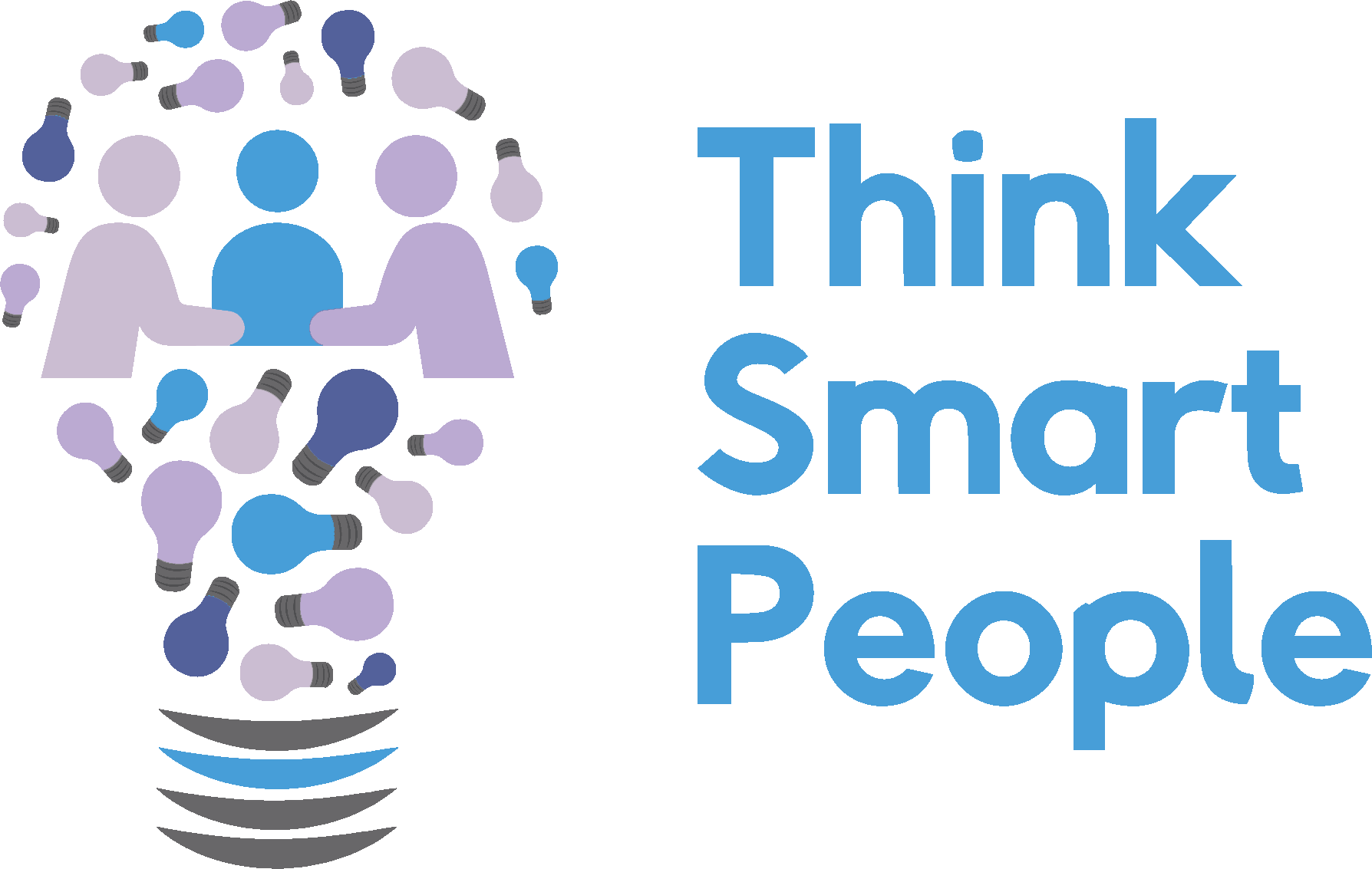Executive Coaching Services For C-Suite Executives: How To Excel At The Top
C-Suite executives face immense pressure to lead their organisations effectively, make important decisions, and drive success. In this challenging role, strong leadership skills and the ability to manage complex business situations are essential. This is where executive coaching services come in. These services are designed to help top-level executives grow their leadership abilities, enhance their decision-making, and maximise their potential to lead with confidence. For C-Suite executives, the stakes are high. They are not only responsible for the strategic direction of the business but also for inspiring and guiding their teams. However, even at the highest levels, leaders can encounter challenges like managing stress, balancing personal and company goals, and keeping up with the fast-paced changes in the business world. This is where executive coaching services become crucial—they provide the tools and guidance needed to overcome these obstacles and excel.
Executive coaching is tailored specifically to the needs of C-Suite leaders, offering personalised strategies to improve leadership effectiveness. Through one-on-one sessions, coaches help executives identify their strengths and weaknesses, develop emotional intelligence, and refine their communication skills. This personalised approach ensures that the coaching is directly aligned with both the individual’s and the company’s goals. In this article, we at Think Smart People will explore how executive coaching training can help C-Suite executives not only meet the demands of their roles but also exceed expectations, ensuring long-term success for both the leader and the business.
How Executive Coaching Services Help Enhance Leadership Skills
For C-Suite executives, effective leadership is at the heart of driving a company’s success. This is designed to help these high-level leaders sharpen their leadership skills, ensuring they are better equipped to handle the challenges that come with leading an organisation. While natural leadership abilities are important, coaching provides a structured approach to developing the necessary skills to lead teams, communicate clearly, and inspire innovation.
One of the core focuses of executive coaching is improving communication skills. C-Suite executives must communicate with different stakeholders, from employees and board members to customers and investors. A good coach will work with an executive to refine their messaging, ensuring it’s clear, impactful, and tailored to each audience. Effective communication allows leaders to convey their vision and motivate their teams, which directly impacts productivity and morale.
Decision-making is another critical skill for C-Suite executives, and it’s an area where executive coaching can have a profound impact. Executives are constantly required to make tough decisions, often under pressure. A coach helps leaders assess situations objectively, consider all available options, and make well-informed decisions with confidence. This strategic thinking process, honed through coaching, leads to more consistent, successful outcomes for both the executive and the business.
Executive coaching also focuses on enhancing emotional intelligence (EQ), which is essential for managing people effectively. Leaders with high emotional intelligence are better at handling stress, resolving conflicts, and understanding the emotions of those around them. By developing EQ, C-Suite executives can build stronger relationships with their teams, foster a more collaborative environment, and lead with empathy. This, in turn, creates a more positive workplace culture where employees feel valued and motivated.
In addition to these practical benefits, coaching offers executives the opportunity to receive personalised feedback, which is often difficult to obtain at the C-Suite level. Coaches provide unbiased, external perspectives that help leaders identify blind spots and areas for improvement, ensuring they continue to grow and evolve in their roles.
Executive coaching services provide C-Suite leaders with the tools they need to enhance their leadership capabilities, communicate more effectively, make better decisions, and build stronger relationships with their teams.

The Importance Of Emotional Intelligence In Executive Coaching Training
Emotional intelligence (EQ) has become a critical factor for successful leadership, especially at the C-Suite level. This training places a strong emphasis on developing emotional intelligence, as it equips leaders with the skills to manage both their own emotions and the emotions of those around them. For C-Suite executives, this capability is essential in creating a positive workplace environment, fostering collaboration, and improving decision-making.
Emotional intelligence is often broken down into five key components: self-awareness, self-regulation, motivation, empathy, and social skills. Through executive coaching, C-Suite leaders can enhance each of these areas. For instance, self-awareness allows executives to recognise how their emotions affect their actions and decisions. A coach works with leaders to help them identify emotional triggers, understand their impact, and learn to respond in ways that align with their leadership goals.
Self-regulation is another vital aspect of emotional intelligence. In high-pressure environments, C-Suite executives are expected to remain calm and composed, regardless of the situation. Executive coaching helps leaders develop strategies to manage stress, control impulsive reactions, and maintain a level-headed approach to challenges. This is especially important when making critical decisions or navigating difficult conversations with stakeholders or employees.
Empathy, the ability to understand and share the feelings of others, is often underestimated but is key to effective leadership. A leader who understands their team’s emotional needs is better equipped to inspire loyalty, build trust, and resolve conflicts. Through coaching, executives can develop stronger empathy skills, allowing them to connect with their employees on a deeper level and create a more supportive and collaborative workplace culture.
In addition to empathy, strong social skills are essential for team building and maintaining relationships both inside and outside the organisation. C-Suite executives often engage with various stakeholders, including employees, board members, and clients. By honing their social skills through coaching, leaders can improve their ability to communicate effectively, resolve conflicts, and strengthen professional relationships.
Emotional intelligence is at the heart of effective leadership, and these coaching services offer C-Suite executives the guidance they need to develop this crucial skill set. By improving self-awareness, empathy, and social skills, executives can lead more effectively and create a positive impact within their organisations.
How Executive Coaching Services Align Personal Goals With Company Success
One of the most significant challenges C-Suite executives face is balancing their personal career ambitions with the broader goals of the company. This training or coaching services play an important role in helping leaders find this alignment, ensuring that their personal growth supports the overall success of the organisation. For executives, maintaining this balance can be difficult, but it’s essential for both their individual fulfilment and the health of the business.
At the highest levels of leadership, executives often set personal career goals that focus on professional growth, skill development, or advancing to new positions of influence. However, without proper alignment with the company’s objectives, these personal goals may conflict with the needs of the business. An executive coach works with leaders to ensure that their ambitions complement the organisation’s vision and strategy. By aligning personal development with business goals, executives can advance their careers while driving the company forward.
Coaching provides a structured approach to goal setting. Coaches guide executives through the process of defining their personal career objectives while considering how these goals fit into the company’s long-term plans. Whether it’s enhancing leadership abilities, increasing visibility within the industry, or focusing on innovative strategies, the coach ensures that each personal goal supports the organisation’s mission. This alignment ensures that both the executive and the business benefit from the growth journey.
Additionally, executive coaching helps leaders stay focused on what truly matters. The demands of running a company can often pull executives in different directions, making it hard to prioritise personal development or long-term goals. A coach provides an objective perspective, helping executives manage competing demands and stay focused on the goals that align with the company’s vision. This support allows leaders to maintain a clear path toward success without sacrificing the company’s interests.
Moreover, coaching fosters self-awareness, allowing executives to recognise when their personal goals may be out of sync with the company’s direction. By identifying potential conflicts early on, leaders can adjust their goals or strategies to ensure that they remain aligned with the organisation’s needs.
Executive coaching training is essential for aligning personal career goals with company success. By fostering a balance between individual ambitions and business objectives, coaching helps C-Suite executives advance in their careers while driving long-term success for the organisation.

The Long-Term Impact Of Executive Coaching Services On Business Strategy
The influence of executive training services extends far beyond immediate leadership improvements. For C-Suite executives, coaching has a lasting impact on the overall business strategy and the company’s long-term success. Coaching equips leaders with the ability to think more strategically, remain adaptable, and drive sustainable growth.
One of the most significant ways executive coaching impacts business strategy is through the development of a visionary mindset. Coaching encourages leaders to step back from the daily pressures and focus on the bigger picture. By fostering a long-term perspective, coaching helps executives align their leadership approach with the company’s future goals. This strategic outlook enables leaders to guide their teams through both current challenges and opportunities for future growth, ensuring that the business remains competitive in an ever-changing market.
Coaching also improves decision-making skills, a vital aspect of business strategy. C-Suite executives often face complex decisions that have far-reaching consequences for the organisation. Executive coaches help leaders refine their decision-making process by teaching them to evaluate situations more thoroughly, consider different perspectives, and make informed choices that support the company’s long-term objectives. This enhanced decision-making capability ensures that strategies are well thought out and sustainable.
Another important long-term benefit of executive coaching is fostering adaptability. In today’s fast-paced business environment, companies must be able to adapt quickly to changes in the market, technology, or customer expectations. Coaches work with executives to build resilience and adaptability, equipping them with the skills to lead their teams through periods of uncertainty. This flexibility is essential for ensuring that business strategies remain relevant and effective, even in the face of unexpected challenges.
Finally, executive coaching helps executives foster a culture of continuous improvement within the organisation. By encouraging innovation, problem-solving, and personal growth, leaders who have undergone coaching inspire their teams to constantly seek new ways to improve processes, products, or services. This mindset of continuous improvement strengthens the business’s ability to innovate and stay ahead of competitors in the long run.
The long-term impact of executive training services on business strategy is profound. Coaching not only helps leaders think strategically but also equips them with the adaptability and decision-making skills necessary to drive sustainable growth and long-term success for their organisation.
Executive Coaching Services – Coming Soon To Help You Excel At The Top
As a C-Suite executive, your leadership plays a vital role in shaping the success of your organisation. The challenges you face require not just experience but continuous growth, adaptability, and strategic thinking. These coaching services are designed to provide the support and guidance you need to excel in your leadership role, improving everything from communication and decision-making to emotional intelligence and alignment with business goals.
At Think Smart People, we understand the unique demands placed on executives and the importance of ongoing development. While we currently don’t offer executive coaching services, we are excited to announce that this service is coming soon. Our coaching programmes will be tailored to meet the specific needs of C-Suite executives, helping you enhance your leadership skills and drive your business forward.
Whether you’re looking to sharpen your leadership abilities, better align your personal career goals with your company’s objectives, or refine your long-term business strategies, our upcoming executive coaching services will offer the personalised guidance and support you need to thrive at the top.
We invite you to stay connected with us as we launch this service. If you’re ready to take your leadership to the next level, contact us on to learn more about how our coaching solutions will help you excel. Keep an eye out for more information on our executive coaching services—coming soon to support your success.

